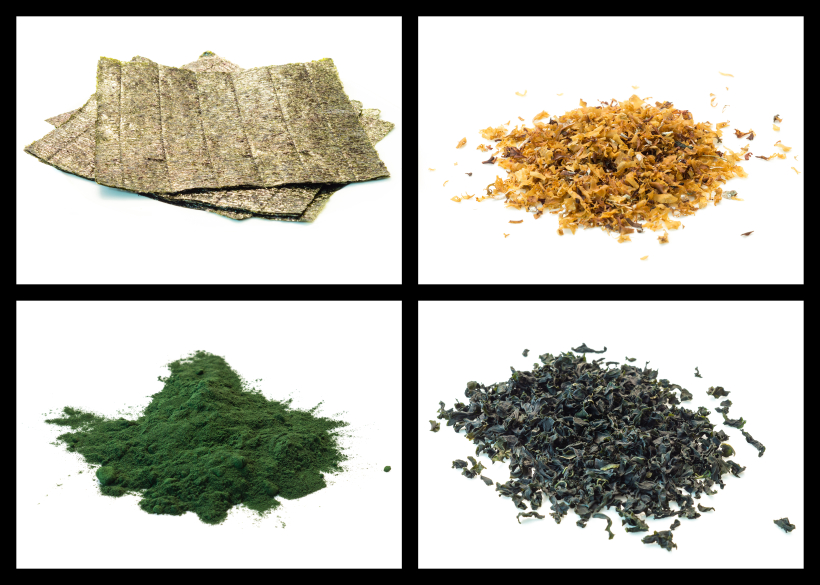The ancient herb that aids older brains
Ashwagandha (Withania somnifera) is an Ayurvedic herb with a centuries-long tradition of use in India. It’s known for its restorative benefits to the immune system, thyroid and adrenal glands. This ancient herb is likewise beneficial for many modern-day problems, including stress, fatigue, and poor concentration. It’s a calming agent which also improves thinking and memory. Over 200 studies have confirmed its benefits, including counteracting the damaging effects of stress on the brain and cognitive function.
Ashwagandha is categorized as an adaptogenic herb because it gently supports many body functions and offers balance, rather than having one specific action. Adaptogenic




